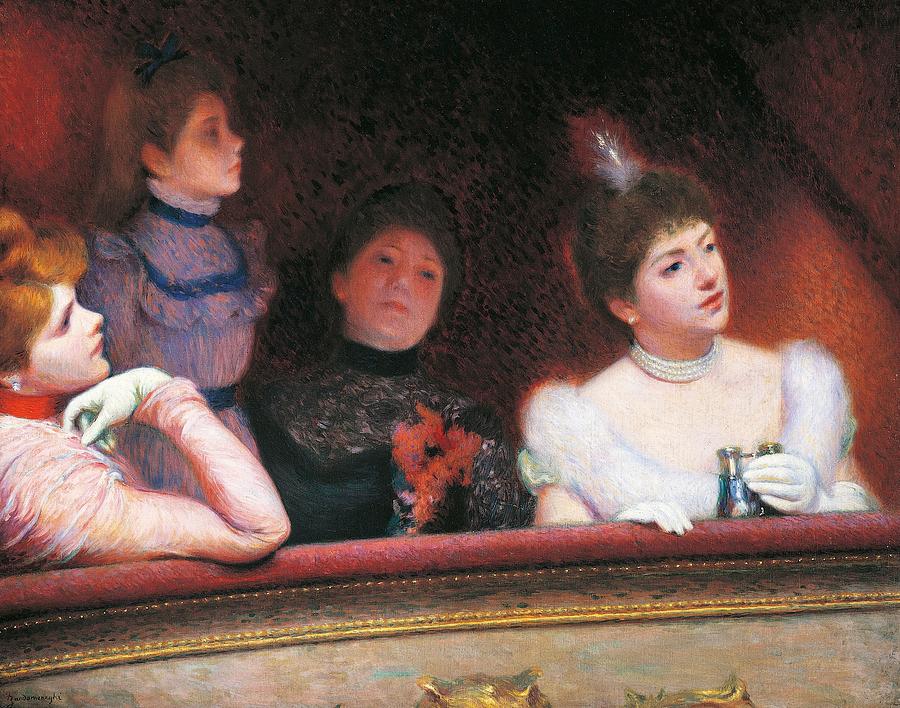- Lecturer: Philip Cooke
- Lecturer: Paul Hare
- Organiser: Katharine Mitchell
- Lecturer: Paul Hare
- Organiser: Philip Cooke
- Organiser: Paul Hare
- Organiser: Francesca Perazio
- Lecturer: Paul Hare
- Lecturer: Paul Hare
- Organiser: Philip Cooke
- Lecturer: Paul Hare
- Organiser: Francesca Perazio
Italy’s nineteenth century saw the rise as never before of female performing artists - as singers, actors, and poet improvisers; and women writers - as novelists and journalists writing for a rapidly expanding readership made up of women and men. This course, situated within the socio-historical contexts of both the Risorgimento period and post-unification Italy until 1926, focuses on female performance and its consumption by both female and male spectators as mediated through women writers’ journals, letters, diary entries and realist fictional accounts (novels and short stories). It examines women writers’ relation to the European context and the recurring themes featuring in their popular domestic fiction which was in wide circulation particularly during the 1880s. We will investigate representations of gender, class, race and sexuality in Italian tragic opera—the most popular form of entertainment for the masses in Italy during the nineteenth century—as well as in silent film and realist fiction, drawing on theories of performance, celebrity culture and spectatorship to chart the ways in which the archetypal suffering heroine was represented time and again on the nineteenth-century opera stage. We will also consider the lives of singers and female actors who performed the texts under examination, and the development, later on in the nineteenth century, of a female critical community in which women readers, writers and/as spectators responded discursively and affectively to the theatre performances they attended.

- Organiser: Katharine Mitchell